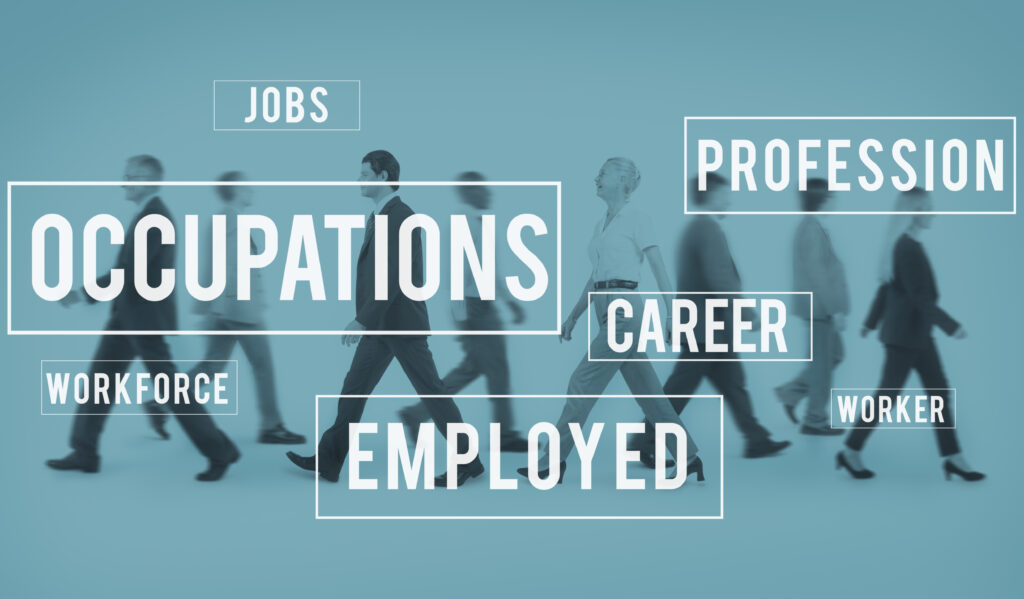Where the governmt’s handling of the economy is going wrong


Introduction
In the complex web of a nation’s economy, employment trends play a pivotal role in determining the overall well-being of its citizens. The government’s ability to create jobs, ensure job security, and promote economic stability is a litmus test of its economic stewardship. However, as we examine the landscape of recent years, it becomes apparent that the government’s handling of the economy is not without its missteps. This blog post will delve into the critical analysis of employment trends and highlight where the government’s economic strategies have gone wrong.

Overreliance on Temporary Employment
One of the glaring issues in recent years has been the increasing reliance on temporary and gig economy jobs. While these jobs may offer flexibility, they often lack the stability and benefits associated with traditional full-time employment. The government’s failure to encourage industries to create more permanent positions has left a growing portion of the workforce in a state of precarity, struggling to make ends meet and plan for their future.

Skill Mismatch and Education Gap
Another area where government policies have fallen short is in addressing the growing skill mismatch in the job market. Technological advancements have rapidly changed the employment landscape, and many workers find themselves lacking the necessary skills to secure well-paying jobs. The government’s investment in education and retraining programs has not kept pace with the evolving demands of the job market, leaving many workers at a disadvantage

Inadequate Minimum Wage Adjustments
The minimum wage is a cornerstone of economic policy, aimed at ensuring that even the lowest-paid workers can earn a living wage. However, many argue that the government’s adjustments to the minimum wage have not kept up with the rising cost of living. This discrepancy places a heavy burden on low-income workers and exacerbates income inequality. To address this issue effectively, a more proactive approach to minimum wage adjustments is needed.
.

Lack of Support for Small Businesses
Small businesses are the backbone of any economy, often serving as the primary source of job creation. However, government regulations, tax policies, and access to funding have not always been favorable to small enterprises. These barriers hinder entrepreneurship and limit the potential for job growth in this sector.
.

Conclusion
The government’s role in shaping employment trends cannot be underestimated. It has the power to create an environment that fosters job growth, stability, and economic prosperity. However, as we have seen in recent years, missteps in economic policy can have far-reaching consequences for the workforce.
To address these challenges and improve employment trends, governments must adopt a more proactive and holistic approach. This includes investing in education and retraining programs, promoting job stability, addressing income inequality, supporting small businesses, and prioritizing infrastructure investments.
As citizens and advocates for a better future, it is our responsibility to hold our governments accountable for their economic decisions. By recognizing the missteps in their handling of the economy and advocating for change, we can work towards a more equitable and prosperous society for all.
.


